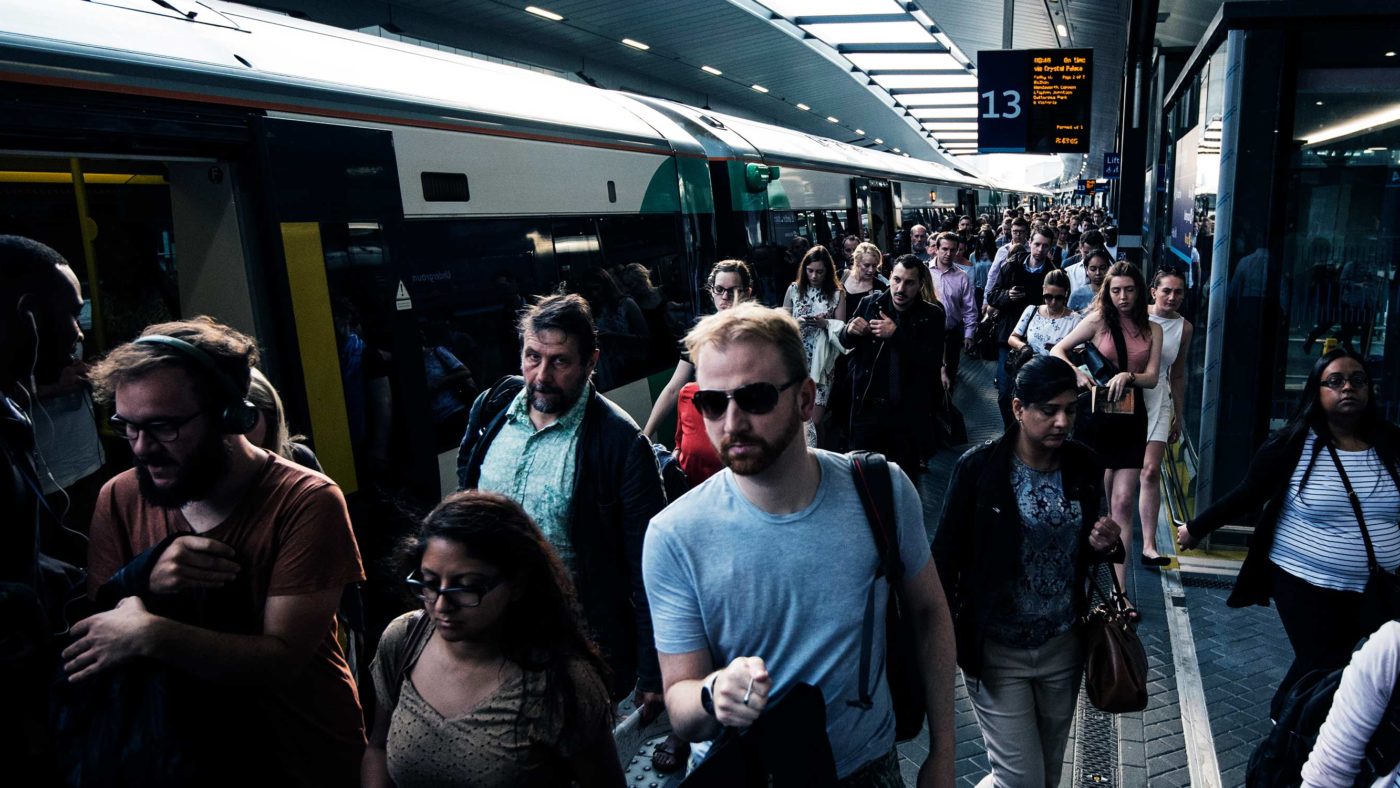It is time again for our biannual commentary on how British train fares are currently too low. Every January everyone complains about how train fares have just gone up in line with inflation, as measured by RPI. Every August, when July’s RPI – which dictates the extent of the rise – is released, the complaint is about how much they will go up next year.
These complaints are invariably followed by the suggestion that all of this could be solved by increasing subsidies. The problem with that suggestion is that there is no magic money tree. A subsidy does not reduce the cost of the trains. It simply changes who is paying.
Consider the financial basics of the British railways. Ticket revenues, for the system as a whole, cover more than 99 per cent of the operating costs of the system. They do not cover the costs of expanding and improving the system, as with Crossrail and HS2. Perhaps this is as things ought to be, perhaps it isn’t, but this is how they are.
Privatisation has led to the reversal of the 50 year decline in passenger traffic that happened under British Rail. The rise in ticket revenues to meet operating costs which could, potentially, be seen as a measure of success. More people travelling, paying their own way. Isn’t this a good thing?
For those calling for subsidy, the answer to that question is no. What they mean is that the general taxpayer should be carrying at least some of the cost of people using the train. Here we need a useful metric to work through the problem.
The truth is that there are some parts of the network which really do need subsidy. It is a general truism that commuter lines in and around big big cities, and London is as big as they come in Western Europe, just will not cover their own operating costs. There are also externalities, such as the added road congestion if those lines didn’t exist and work and even the idea that London itself wouldn’t work if they didn’t. That is a reasonable case for the subsidy of commuter lines then. Which is exactly why they receive a subsidy.
There are no such arguments for subsidy of longer distance lines. Which is why they don’t receive them of course – and that in turn is why the wider system, as a whole, doesn’t get subsidies for these operating costs. Profits from the longer lines, those fees paid by franchises, cover the subsidies needed.
I am fine with this, others are not. But it’s worth noting what the alternative would be. It would be a European-style system, in which operating costs were, to a greater or lesser extent, funded out of general tax revenues. That is, the claim is that it would be fairer if the dustman were taxed so that the Duke could visit his shooting estate. Not an argument I accept as valid.
And yes, that is the difference. The total operating costs of the various railways across Europe vary a little, but not that much. The difference is only in who pays, that European system largely being the peons watching the trains go by who do, our own being those who sit in them. I do indeed insist that the second method is the more just and righteous.
That train fares are currently still too low is of course proven by the fact that they do not cover the costs of extending the system – something they arguably should.
At which point, it is worth mentioning quite the most amusing of the current complaints. A recent survey by consumer group Transport Focus showed commuting passengers had an overall satisfaction score for value for money of just 33 per cent. The figure obscures some better scores such as 72 per cent for Grand Central (which runs services from King’s Cross to Sunderland) but also massages the dire numbers for Southern. Less than a quarter of the franchise’s passengers are satisfied they get value for money from the Go-Ahead/Keolis joint venture Govia.
Southern is the one part of the network not currently covered by a franchise agreement. Govia manage it, but revenue flows directly to government. That the part of the system people hate the most is where the operator isn’t connected to the revenue gained from operation is amusing, isn’t it? Especially when we consider the call for the system as a whole to incorporate more subsidy and thus ever less connection between revenue and the operator.


